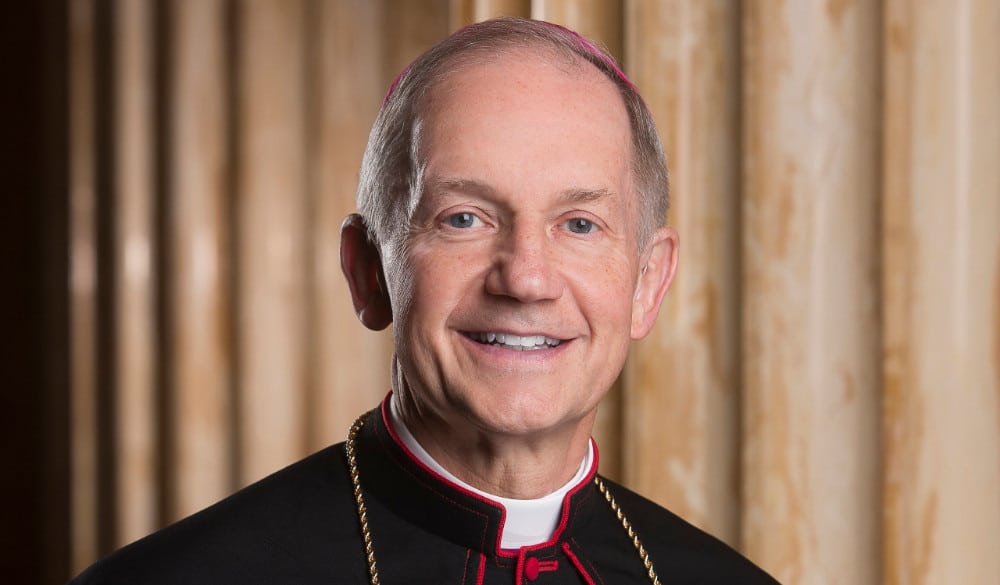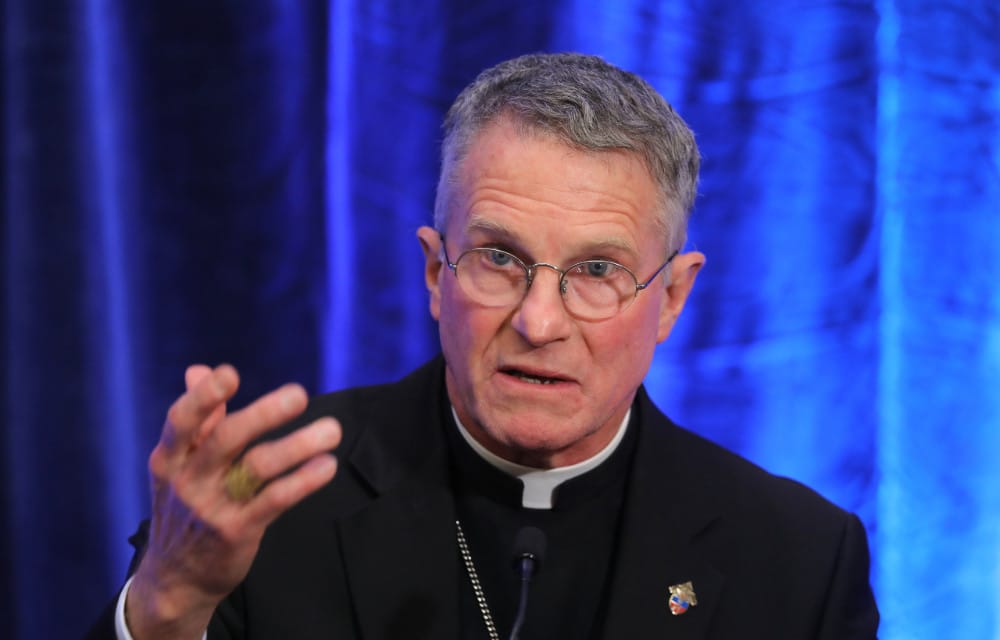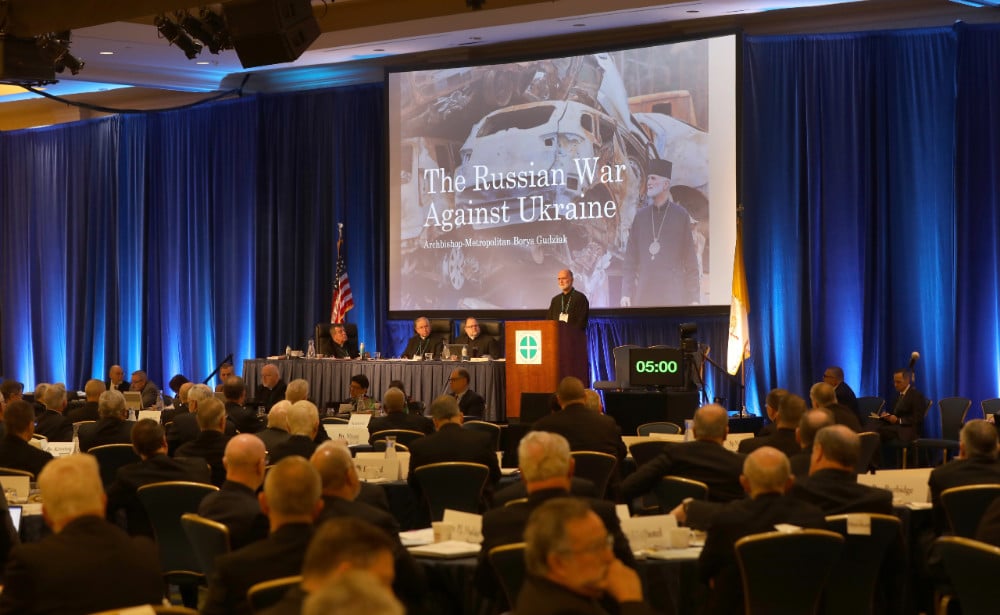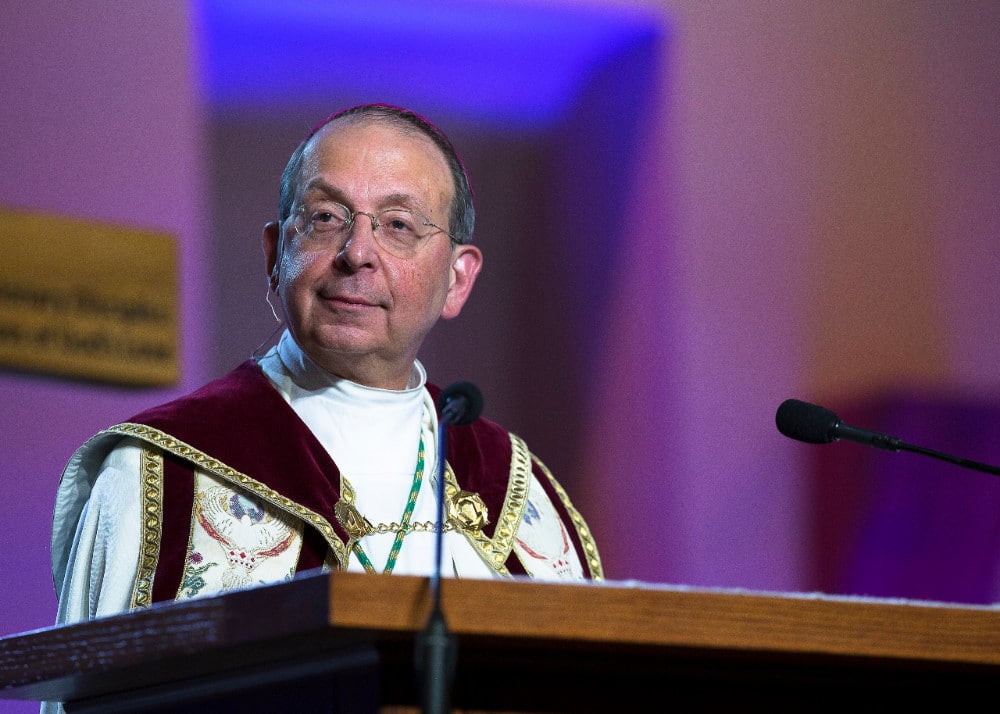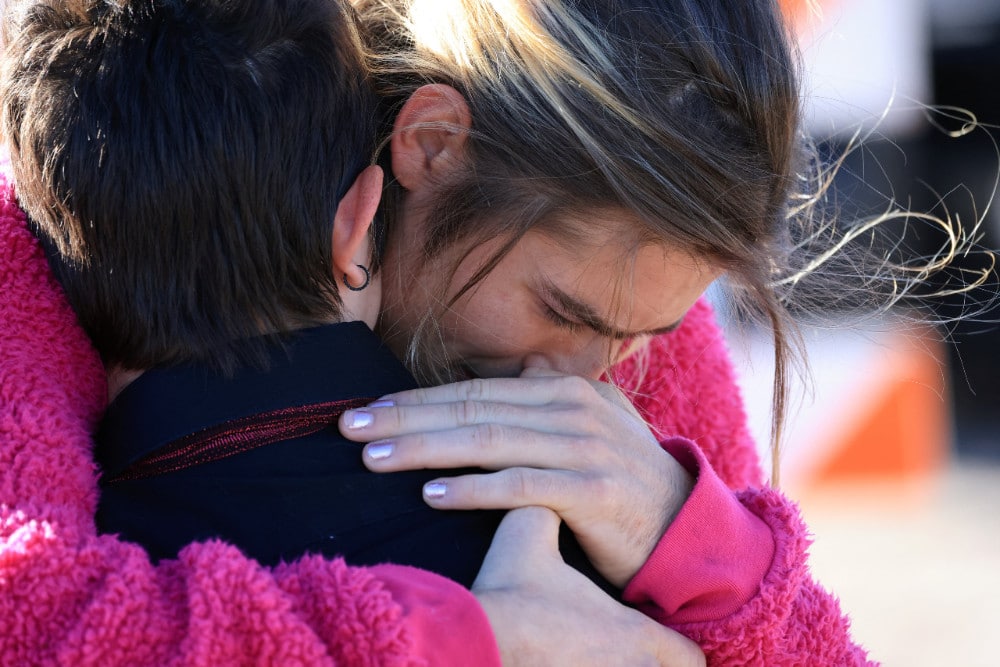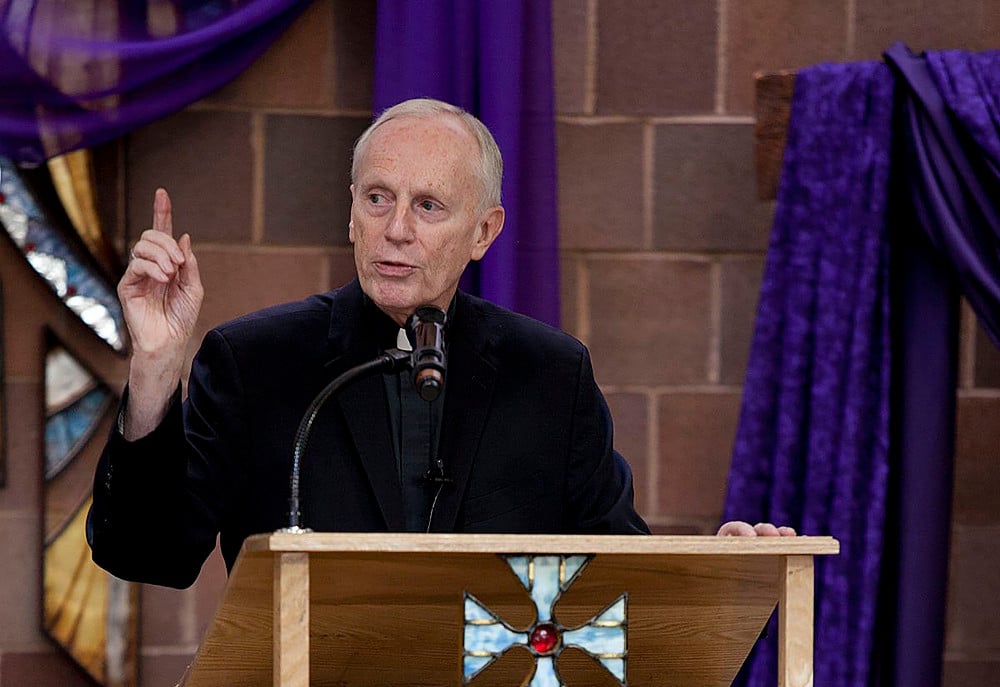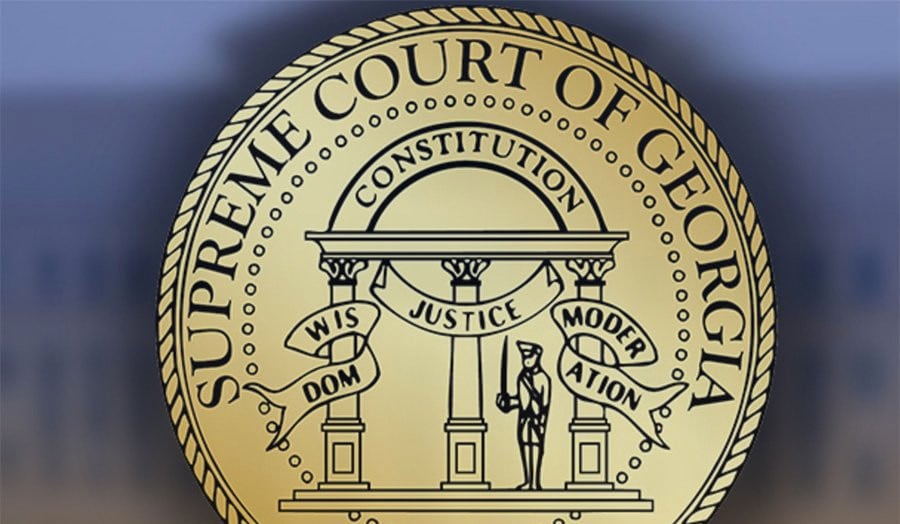Bishop Thomas J. Paprocki of Springfield in Illinois was elected by members of the U.S. conference of bishops at their annual fall plenary assembly to serve as chairman of their committee on canonical affairs and Church governance. Paprocki, himself an accomplished and acclaimed canon lawyer and civil lawyer, also serves as an adjunct professor of law, business and bioethics at Quincy University in Quincy, Illinois. Our Sunday Visitor had the opportunity to briefly learn from Bishop Paprocki, just after his election, a bit about the work he was elected to oversee and what it might mean for American Catholics.
Our Sunday Visitor: What are some of the primary duties as chair of the canonical affairs and Church governance committee?
Bishop Thomas J. Paprocki: There are two different aspects to this, although they’re related. Canonical affairs pertains to review of most documents passed by the conference, to make sure they are consistent with the Code of Canon Law.
The Church governance aspect is something I hope to give more attention to during my term. There are various programs held for new bishops, such as what is currently held in Rome every year for new bishops and also by the USCCB. I’m looking to do something more related to management and administration of a diocese. We’ve already had some conversations. I have a master’s in business administration from the Mendoza College of Business at the University of Notre Dame. So I’ve explored some ideas with the committee already, and I hope we can put something together that would be of benefit for the bishops of the United States in terms of management and administration.
Our Sunday Visitor: Do you think there is anything you might also facilitate for diocesan priests and pastors? Many increasingly express the need for that kind of training and experience.
Bishop Paprocki: There are some programs that different dioceses are doing, but it would be a little more difficult for our committee to do nationwide. That’s usually effectively done at the local level. I know the Archdiocese of Chicago has arranged a program, which Mundelein Seminary was working on in conjunction with the Kellogg School of Business at Northwestern University. But if we can do something for the bishops, I’m sure we can explore possibilities for doing something for priests as well.
Our Sunday Visitor: Some are concerned about the lapse of Vos estis, what would you say to those who might be concerned about that, and ensure that the Church’s is still taking seriously commitment to reforms needed in the wake of clergy sexual abuse?
Bishop Paprocki: I was part of a committee of the Canon Law Society of America, along with a couple of other canon lawyers, which completed a review of Vos estis, anticipating the three year experimental period. We sent our report to the USCCB and to the apostolic nuncio. The sense I got from the USCCB was that they would not necessarily duplicate a report but were grateful that our CLSA committee has done something. I believe it’s up to the Holy See now in terms of what they want to do regarding the renewal of the document Vos estis.
Our Sunday Visitor: Is there anything else you could say to the laity about what work your committee undertakes and how it might affect their lives?
Bishop Paprocki: Canon law affects the life of Catholics in many different ways, in ways that are, perhaps, not real apparent to people. But canon law governs the whole life of the Church. In my teaching I always emphasize that law follows theology. So our canons are based on the theology of the Church that we find in the Bible. It ranges from everything from requirements for baptism and confirmation, and sponsors, marriage and annulment matters, and personnel issues, including all the recent issues dealing with misconduct. Our committee has a very wide purview of matters that affect the life of the Church. It may be invisible to most people, but hopefully we are acting in a way that is helpful for the healthy life of the Church.
Michael R. Heinlein is editor of OSV’s Simply Catholic. He writes from Indiana.

